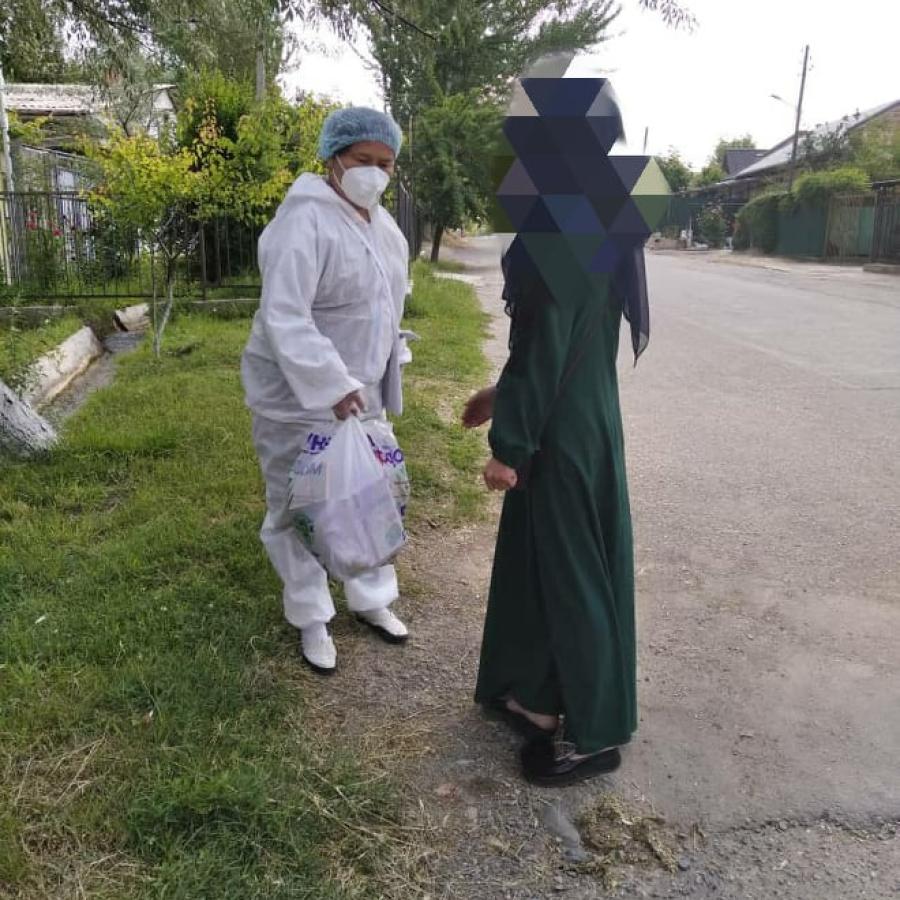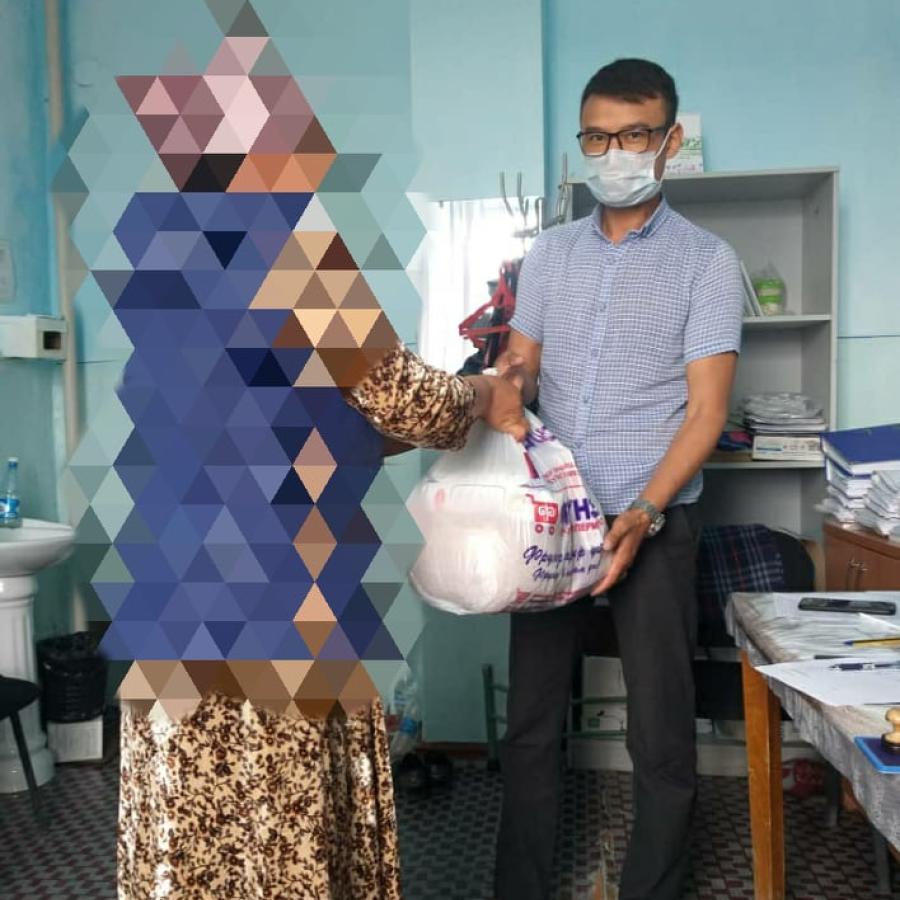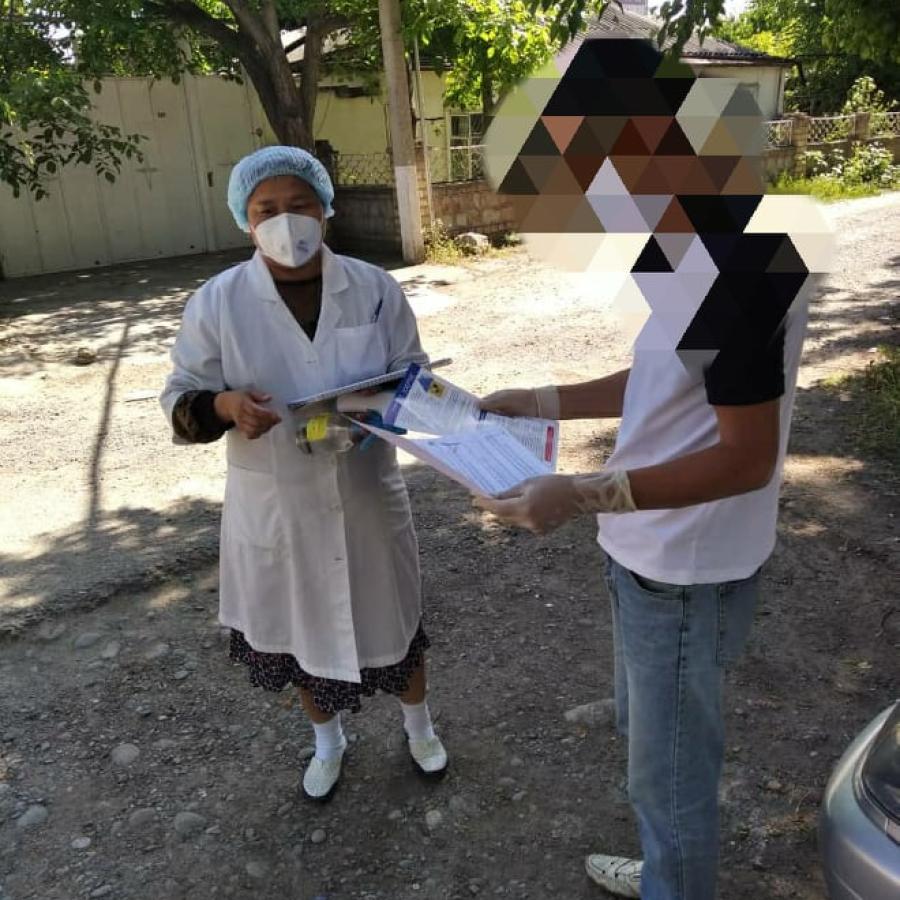Bringing light and good
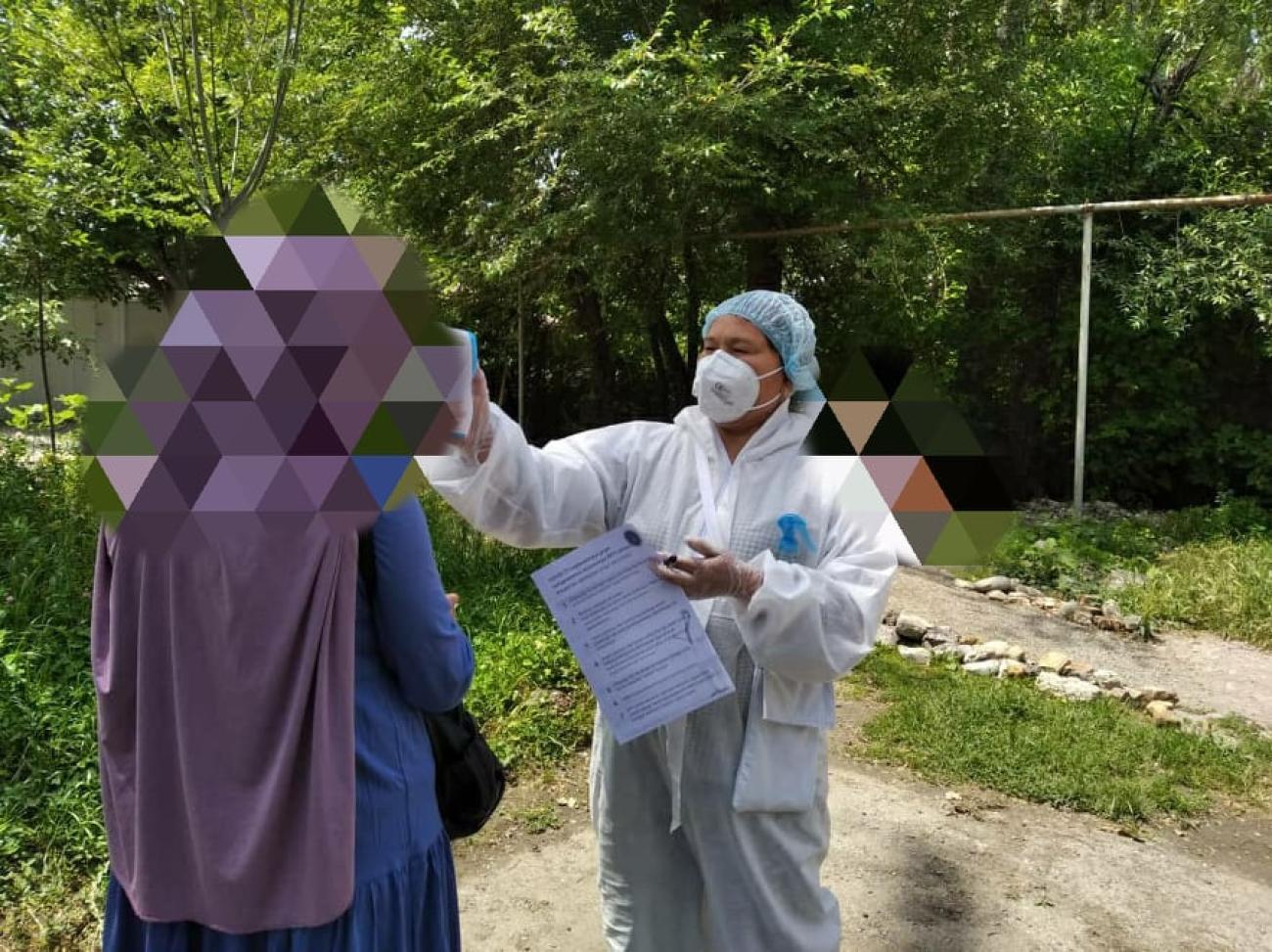
Kymbat’s son (name changed) has been always sick, they have stayed in hospitals for a long time and no one could explain what was happening to the child.
Laboratory tests confirmed the HIV diagnosis. Her husband left the family, being unable to withstand heavy problems they faced and she continued to fight for her son on her own, trying to find justice. She went to court, attended rallies in the capital, literally shouted out her problem, overcame thousands of obstacles, wrote letters, found like-minded people and helped other women who were in the same situation. Her character, the maternal strength and her ability to act led to a change in the situation.
Many years later she accepted the events of those days; she became calmer and learned how to live with the problem. For 6 years Kymbat has been working as a peer consultant in a multidisciplinary team in one of the Family Medicine Centers in Osh, helping people living with HIV get services, providing support and motivating them to receive the therapy.
You may ask “Who are these peers, and what do they do in hospitals?” They are people from the same environment who have faced similar problem themselves. They may be people who are living with HIV or people who have been affected by HIV, as in the case of our heroine. They have accepted their status and started to act, helping themselves and the others. They have become doctors’ and nurses’ assistants, often serving as a bridge between the medical worker and the patient. They enjoy trust of both clients and health professionals to help build confidence and success in the HIV treatment. Among the peers there are people who have learned the problem well. They have not remained indifferent and now they are actively working to turn the world into a better, more tolerant and kinder environment.
The role of peers was further enhanced during the COVID - 19 epidemic. None of those peers was left out, from the very first days they were in contact with patients of the multi-disciplinary team (MDT), together with doctors they delivered drugs for PLHIV at home to avoid in treatment, attracted the resources of non-governmental organizations, distributed food packages and provided psychological support.
“When I was in school, I wanted to help people. When I had my university studies, I entered the non-governmental sector and joined HIV treatment and prevention programs. Today I work at the Kyzyl - Kiya Family Medicine Centre. I like to realize that my work brings good. I can’t say that everything works out perfectly. We have to work with different people. Someone needs to be persuaded to come to get the pills, there are clients who know about their HIV status, but do not come to us because they don’t believe in the therapy, there are clients who are tired of taking ARV drugs and we have to find a different approach to every such person. I have also noticed that people are increasingly in need of simple human communication. Many clients of the multi-disciplinary teams miss mutual help and psychological support groups that we cannot provide during the quarantine”.
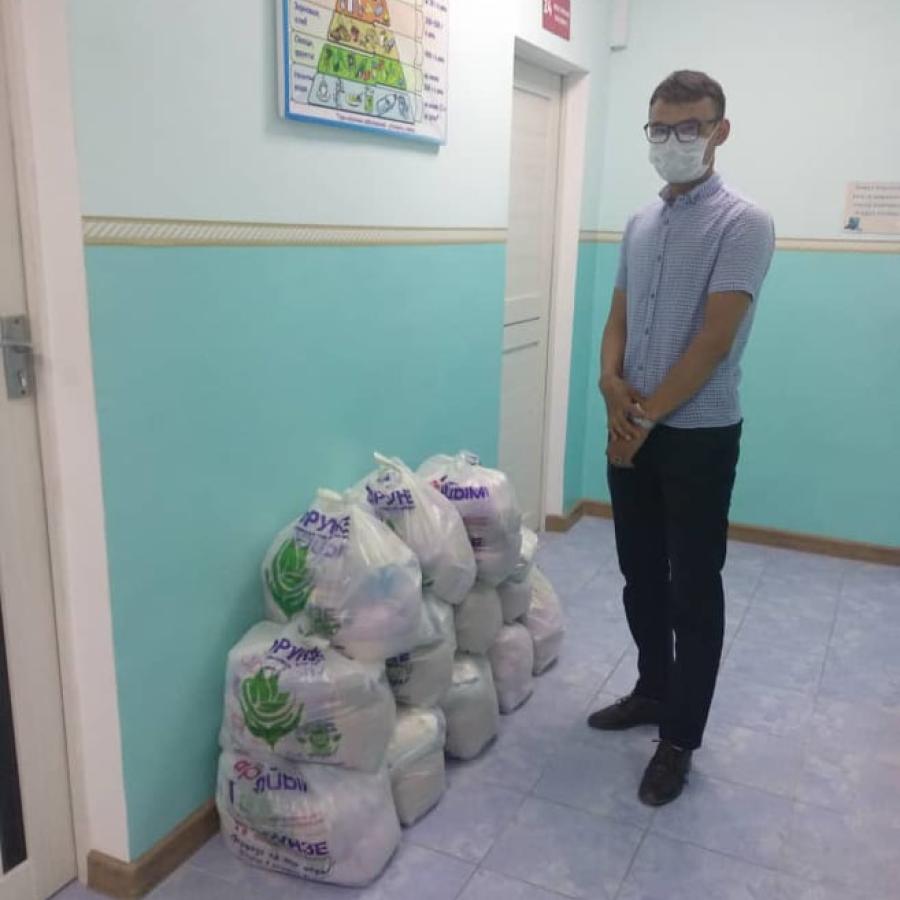
Now this young man is recognized by many. He boldly broke through all the road blocks and delivered food packages to PLHIV families who lost their daily earnings during the state of emergency.
The MDТ has 10 peers and each has a different history. Medical institutions are used to the peers and consider them an integral part of the team. As one of the peers in the MDT in Osh says:
“Initially there was a sharp resentment between each other. We were not able to understand the medical staff, neither had they understood us, but as people say, a drop hollows up a stone. We found some points of contact. The main thing is that almost simultaneously both on our side and the doctors’ side there became a clear understanding that we all have one goal. It is important that their patient and our client go to the medical facility and starts getting the therapy”.
The institute of peers is based on experience and support. Of course, a person who works as a peer will not replace a doctor or a qualified psychologist, but he or she can direct, prompt, help, talk and listen. He or she will not judge or betray, but will help the person who has just learned about his or her HIV status to accept this and learn to live further.
The Joint United Nations Program on HIV and AIDS (UNAIDS) has been developing a multidisciplinary approach in the country since 2013. To date, there are 10 teams covering 1500 people living with HIV. During the ongoing COVID - 19 epidemic, UNAIDS is working with the “Araket Plus” Public Foundation to help PLHIV who are in particular need. 170 families of PLHIV receive assistance in the form of food packages; the payment of technical supplements was resumed to 20 doctors of the MDT in April - June 2020 in the total amount of KGS 788 000.
